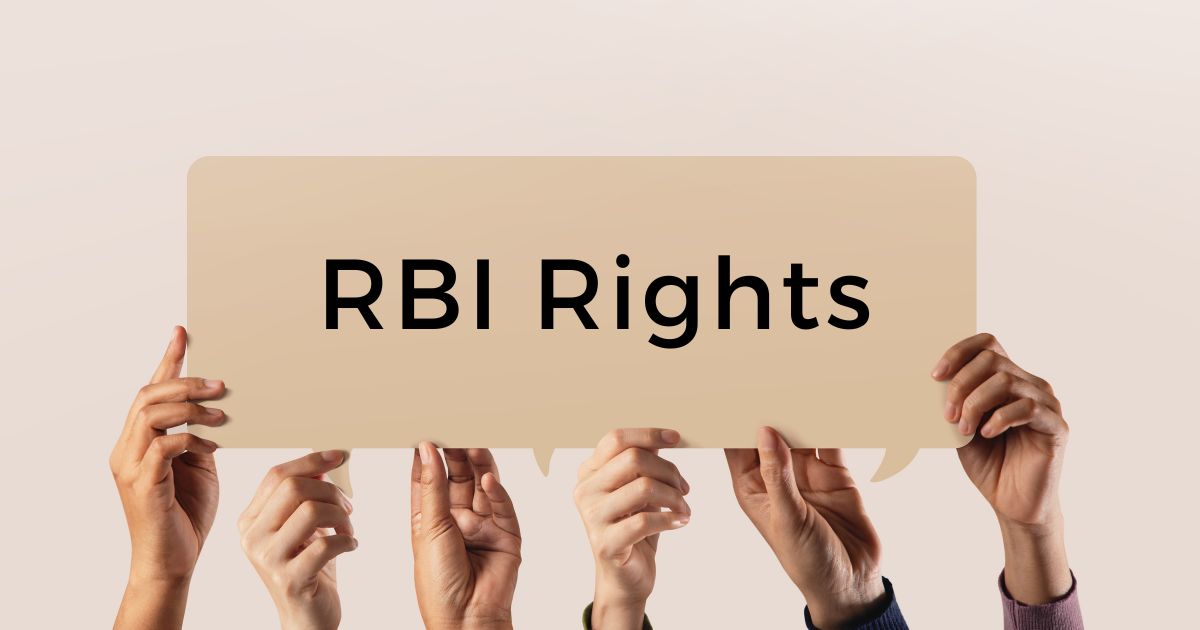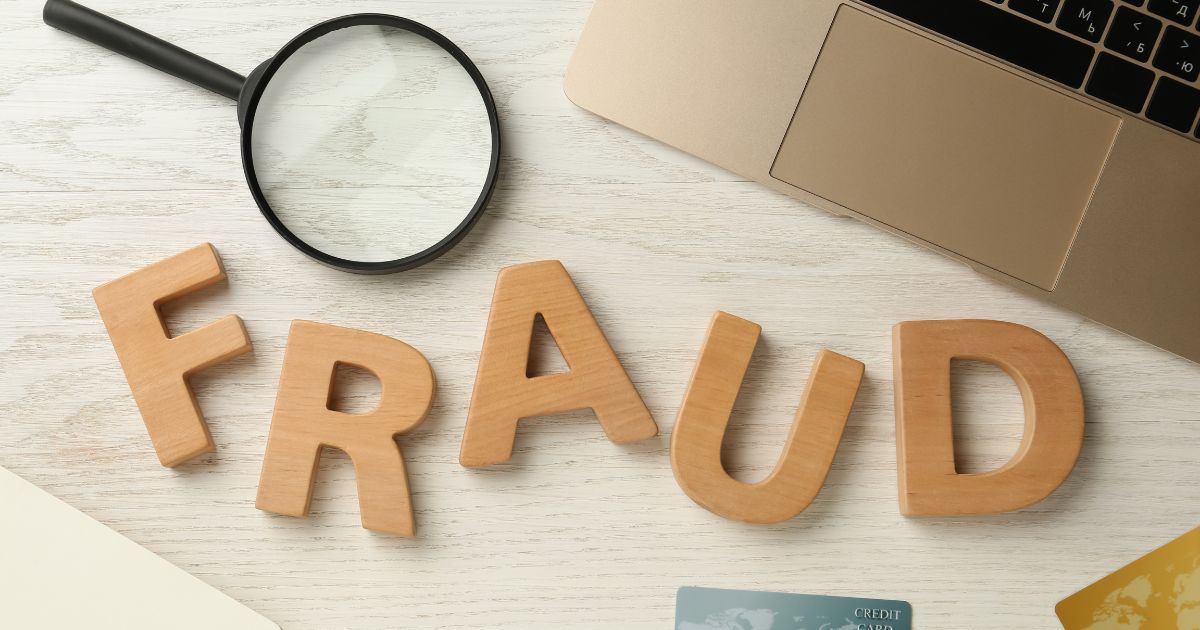· Loan Resolution · 4 min read
Loan Recovery Harassment? Know Your RBI-Backed Rights
RBI guidelines protect borrowers against harassment in loan recovery. Know your rights, recognize legal vs. illegal practices, and learn how to file a complaint.

The contemporary fast-paced life requires significant life choices to function with the help of loans. People usually seek funding through financial institutions to fulfil their higher education aspirations, business ventures, and home purchases. The payment process becomes problematic with any type of delay or non-payment from borrowers. The actual test commences following delayed payments when borrowers encounter harassment from recovery agents working under these financial institutions.
The Reserve Bank of India (RBI) released specific ethical rules to ensure borrowers obtain proper protection of their rights. The following information serves as essential knowledge for any person who borrows money. The Reserve Bank of India has established clear standards for ethical recovery of loans through its guidelines.
The Reserve Bank of India, through multiple guidelines, established that financial institutions possess the right to track unpaid debts, yet they must stay away from unethical and unlawful recovery activities. The civilised lending system prohibits aggressive recovery procedures, together with public embarrassment and harassment of borrowers.
RBI guidelines state that recovery agents need to fulfil several requirements. When reaching out to borrowers, agents must reveal their true identity. The appropriate hours to contact borrowers run from 7 a.m. to 7 p.m. Any recovery agent must stay away from speaking with an abusive tone and must never use coercion or threats. The borrower’s privacy, together with dignity, should be treated with utmost respect. Relative institutions must train their recovery agents while providing comprehensive knowledge regarding proper conduct standards. Borrowers who experience abuse or intimidation should file complaints at the RBI, as well as the grievance redressal cells affiliated with their banks.
RIGHTS PROTECTED BY RBI GUIDELINES FOR BORROWERS
The RBI’s rules involve more than the etiquette of recovery. The guidelines mention what rights borrowers have:
The recovery agent needs to respect and ethically treat the borrower, even after the borrower failed to pay on time.
Anyone who is borrowing money is owed official notice and paperwork before recovery processes kick in. You will receive notifications and final notices in a language you can understand.
The recovery agents are prohibited from pressuring your friends, relatives, and family in relation to your loan. Any time privacy is broken, it becomes both unethical and illegal.
Should you notice your rights violated, contact the bank’s nodal officer right away or, as an alternative, file a complaint with the Integrated Ombudsman Scheme at the RBI.
Even in the case of a secured loan, authorities are required to go through the right legal steps if repossession is needed. Your property can’t be taken by a bank tomorrow without notice. Advance notice is needed, and the borrower should be allowed to settle the loan.
LEGAL VS. ILLEGAL RECOVERY PRACTICES
Let’s differentiate between what is legal and what is illegal recovery practice:
Legal Practices | Illegal Practices |
Sending proper legal notices | Threatening & harassing calls & messages |
Appointing trained recovery agents | Verbal abuse or threats by recovery agents |
Repossession with due notice | Taking possession without informing |
Filing legal proceedings | Intimidating family or neighbors |
The law supports recovery, but not at the cost of human dignity.
What You Should Do as a Borrower
If you’re struggling with repayment:
● Communicate proactively with your lender. Most institutions offer restructuring options.
● Keep records of all communications with recovery agents.
● Don’t panic or ignore notices — that only escalates things.
● Seek legal advice if you feel threatened or harassed.
Final Thoughts
Loan repayment is a responsibility, no doubt. But it doesn’t strip borrowers of their basic rights. The RBI has put in place guidelines to ensure fairness, and both borrowers and lenders must play their part. If you’re ever caught in the tough situation of default, remember: the law protects your dignity, even in debt.



